Enter the Aardvark
by Jessica Anthony
A rollicking work of political satire. Enter the Aardvark lampoons the hypocrisy of the American right, in the form of Republican congressman Alexander Paine Wilson – for whom the arrival of a taxidermied aardvark in the mail triggers a chain of events that threaten to ruin his career. From the author of the critically acclaimed novel The Convalescents and the multimedia love story Chopsticks.
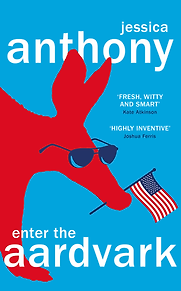
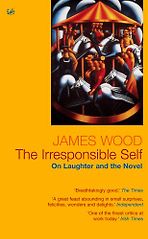
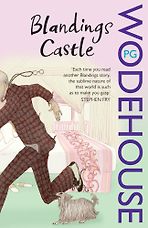
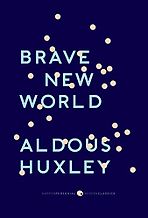
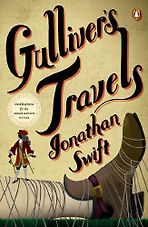
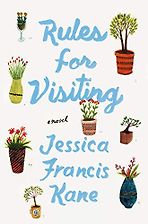
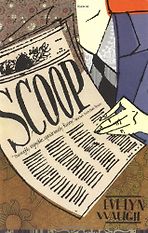
The book, according to the author